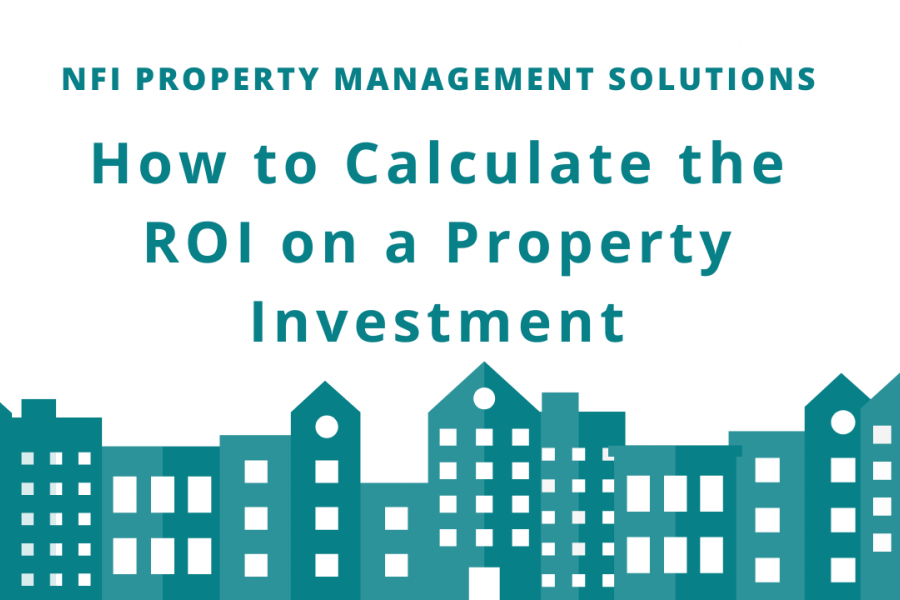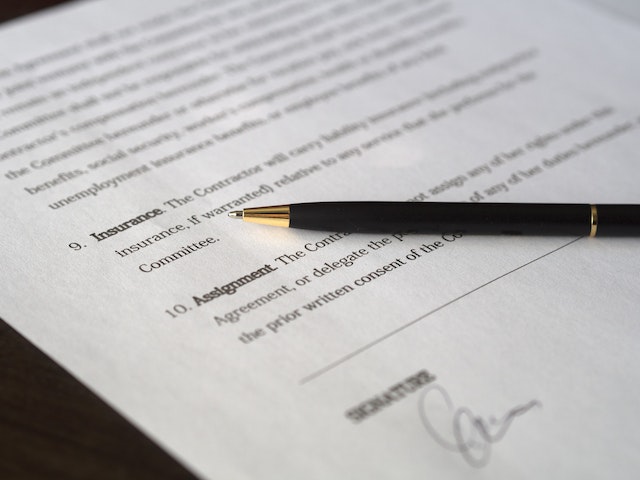
Investing in rental properties can be a lucrative venture, but success largely depends on how well you calculate and manage your returns.
Factors like tenant screening, maintenance, and market trends play a crucial role in ensuring steady income and minimizing risks as investors.
One of the key indicators of your investment’s success is the Return on Investment (ROI), which helps investors measure profitability and assess whether your rental property is delivering the income you expect.
Understanding how to calculate the ROI on a rental property investment is crucial for making informed financial decisions and maximizing the potential of your rental portfolio.
Let us walk you through the steps to calculate the ROI on your rental property investment. Keep reading to learn more!
Understanding ROI in Real Estate
ROI, or Return on Investment, is a percentage that represents the profit or loss generated on an investment relative to its cost.
In real estate, this metric can provide investors with insight into how well a rental property is performing, allowing investors to compare it to other investments or decide whether they should keep, sell, or improve the property.
A simple formula for investors to calculate rental property ROI is:
ROI = (Net Profit / Total Investment Cost) x 100

This basic formula gives you a percentage that represents your return. However, for real estate investments, calculating ROI is a bit more complex due to various factors such as financing, property management expenses, and potential appreciation
.
Example of a Basic Rental Property ROI Calculation
Let’s say you purchased a rental property for $200,000. You spent $20,000 on renovations and other improvements, bringing your total investment to $220,000.
After a year, you collect $24,000 in rent and have $12,000 in expenses, leaving you with a net income of $12,000.
Using the formula:
ROI = ($12,000 / $220,000) x 100 = 5.45%
In this case, your ROI is 5.45%. While this basic calculation offers a general idea of your returns, there are other methods that can give you a more comprehensive understanding.
Advanced ROI Calculations for Rental Properties
When calculating ROI on rental properties, it’s important to consider additional factors that can impact your return over time. These include financing costs, cash flow, and property appreciation.
Cash-on-Cash Return
If you financed the purchase of your rental property, cash-on-cash return is a better way to measure your ROI. Cash-on-cash return only accounts for the actual cash you invested in the property, not the total property cost.

Here’s the formula:
Cash-on-Cash Return = (Net Operating Income / Total Cash Invested) x 100
To calculate, let’s assume you put down $50,000 as a down payment and borrowed $170,000 to cover the rest of the property’s purchase price.
You’re still earning $12,000 per year after expenses, but now you divide that by your initial cash investment of $50,000 instead of the total property value.
Cash-on-Cash Return = ($12,000 / $50,000) x 100 = 24%
In this case, your cash-on-cash return is 24%, which is a significant improvement compared to the basic ROI calculation.
This method is particularly useful if you are interested in comparing the return on different rental properties that you may have financed differently.
Considering Appreciation
Property appreciation can boost your ROI. To calculate, subtract the purchase price from the current market value and add this to your net income.
For example, if a property increases in value from $200,000 to $230,000, the $30,000 appreciation plus $12,000 in net income totals $42,000.
ROI = ($42,000 / $220,000) x 100 = 19%
While appreciation can significantly impact ROI, remember that market values can fluctuate.
Total Return on Investment
To get a full picture of your rental property’s performance, it's important to combine cash flow, appreciation, and potential benefits for property taxes.

While appreciation can fluctuate, tax deductions on mortgage interest, property taxes, and depreciation can positively impact your bottom line.
How Professional Property Management Services Can Increase Your ROI
While managing your rental property yourself may seem cost-effective as an investor, it often leads to hidden expenses that reduce your ROI.
A professional property management company can help maximize your returns by handling many of the time-consuming and complex aspects of property management, allowing you as the investor to focus on expanding your investment portfolio.
Expertise in Maximizing Rental Income
One of the main advantages of hiring a property management company is its ability to set competitive rental rates.
They have in-depth knowledge of the local market and can perform comprehensive rental analyses to ensure you're charging the optimal rent.
Setting the right rental price is crucial for maximizing your cash flow while keeping vacancy rates low.
Reducing Maintenance and Repair Costs
Regular maintenance and timely repairs are vital to preserving your property’s value and ensuring compliance with the terms of your rental agreement.
Property management companies work with trusted contractors and often secure discounts due to their high volume of business.
This enables them to address issues quickly and cost-effectively, keeping your property in excellent condition and maximizing its appreciation.
Saving Time and Reducing Stress
Managing a rental property requires a significant time investment, from handling late-night emergencies to marketing vacancies.
Working with a property management company frees you from these tasks, allowing you to enjoy the passive income benefits of real estate investing while they take care of the day-to-day responsibilities.
Legal Expertise and Risk Mitigation
Navigating landlord-tenant laws can be tricky, and mistakes can lead to costly legal issues.
Property management companies are well-versed in local, state, and federal regulations, ensuring that your property complies with the law.
This reduces your risk of facing legal disputes, which can negatively affect your ROI.
Conclusion
Calculating ROI on a rental property investment involves considering several factors, including net income, financing costs, and appreciation.
By understanding these calculations and working with a professional property management business, you can maximize your returns and enjoy a more hands-off investment experience.
A property management company not only saves you time and stress but also enhances your property’s performance, helping you achieve long-term financial success in real estate. If you need help, contact NFI Property Management Solutions.